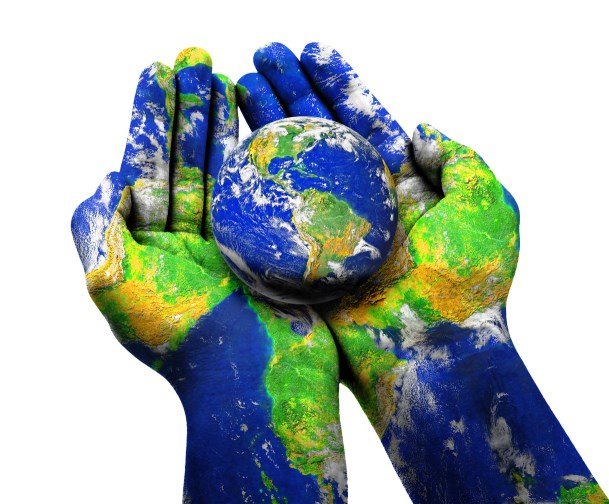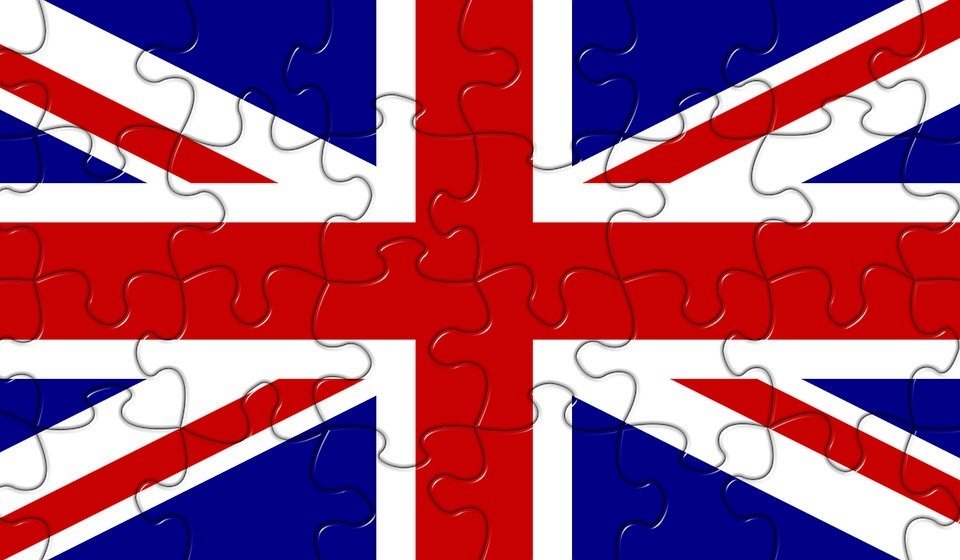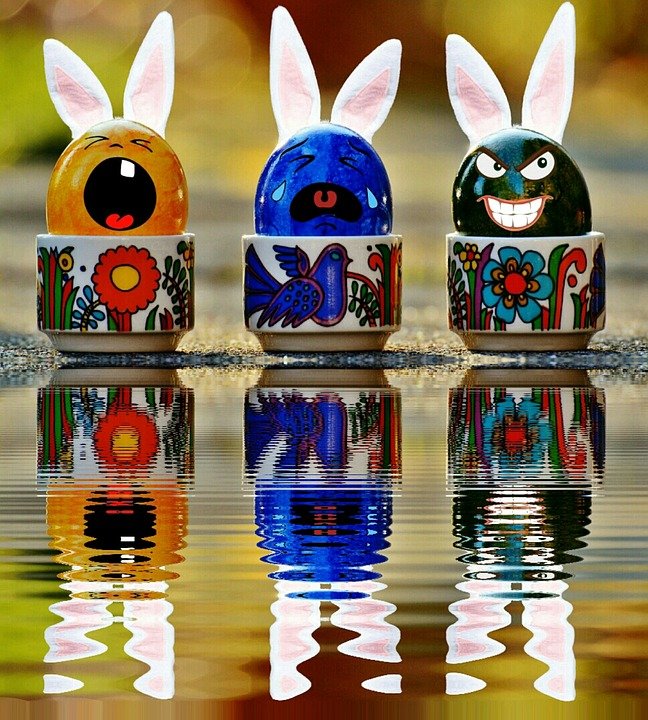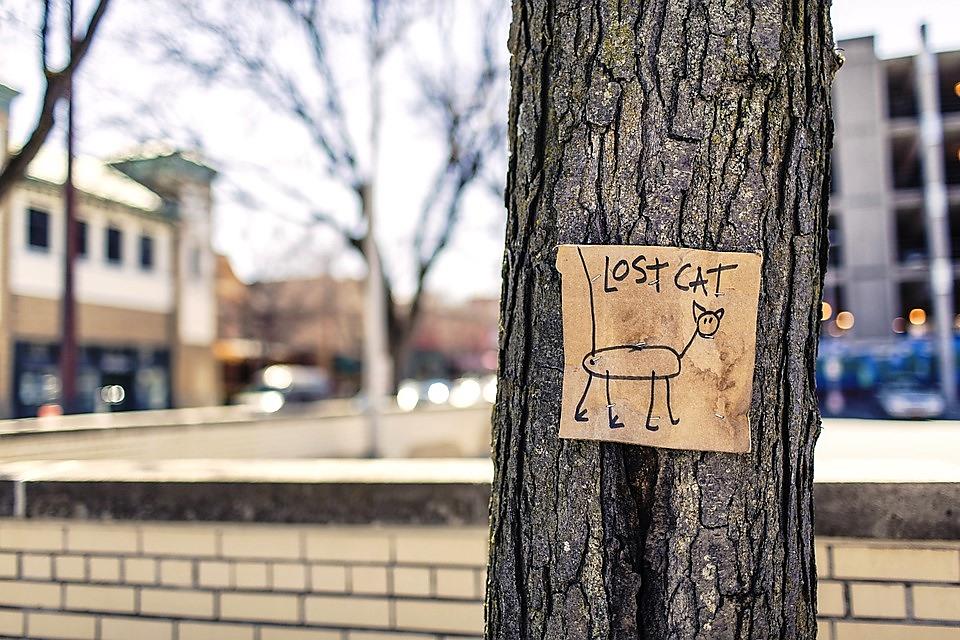
by Fern Shaw | Jan 22, 2020 | aquaid, Christian Aid, Uncategorized, water cooler, Water Coolers
Corporate Social Responsibility demonstrates the ‘heart’ of your organisation. It involves understanding your impact on communities and the environment and taking responsibility in meeting or even exceeding the ethical, legal, commercial and public expectations that society has of your business.
AquAid as a company are committed to acting responsibly and most importantly motivating others to make a difference. Sharing the responsibility in the world in which we all operate should be an integral part of your working day. We believe that making a difference is complementary to a commercial success.
An important part of AquAid’s mission is to provide sustainable solutions to poverty and aid in emergency relief where needed. We are able to achieve this via our partnerships with both the AquAid founded Africa Trust as well as through our now 22 year partnership with Christian Aid – and so can you!
By using AquAid as your water cooler supplier you help to bring a positive change and upliftment to many of the world’s neediest families. You will be sharing in the responsibility we have taken on in bringing safe, fresh disease-free water to thousands of communities in need globally, with our focus being across Africa.
When you choose AquAid you will not only be getting a good quality product with an unrivalled service, you will playing an integral part in bringing hope where it is needed most and aid in breaking the cycle of poverty.
AquAid’s Founder, Paul Searle, explains,“The sign of a great partnership is where business, charity and community all work together.”
By involving your employees in this partnership you will not only be inspiring them but also offering a sense of belonging in your organisation. You will be providing your staff with not only a healthy working environment but creating a sense of employee satisfaction and loyalty. Working next to each other creates responsibility and you will be actively developing a policy that promotes a positive and sustainable social contribution. Your CSR decisions will also give your organisation a competitive edge and enhance your credibility.
The simple choice of your water cooler can go a very long way in aiding your company’s Corporate Social Responsibility. By simply switching to AquAid you will be doing your part in changing lives forever.
To date, with the help of our partners, AquAid have donated in excess of £15,000,000 benefitting many thousands of families and communities throughout Africa.

by Fern Shaw | Oct 11, 2019 | aquaid, Water Coolers
There’s no disputing that we Britons don’t drink enough water. According to various surveys and research, just 1 in 10 of us consumes enough water to qualify for being adequately hydrated.
This is a cause for concern, as maintaining even the minimum levels of hydration is vital to our ability to function, albeit not even close to optimal levels.
Just as important, seeing as 10 October is #WorldMentalHealthDay, our brain needs water most of all. Our brains are our command centres: how we think, act, take action or perform any task all stems from the signals we receive from our brain.
That’s why maintaining a decent level of hydration is crucial.
How dehydration affects the brain
While mild dehydration is loss of 1.5 percent of a body’s normal water volume, a level of hydration just one percent below optimal can affect our cognitive ability, affect our moods and make it more difficult to concentrate.
It alters how we think and feel by slowing circulation. This lowers blood flow, which means less oxygen travelling to all parts of the body, including the brain.
As dehydration worsens, cognitive function is further impaired, leading to delirium. Severe dehydration can cause unconsciousness and even coma.
How good hydration helps
Drinking enough water keeps our brain from having to struggle against the effects of dehydration, allowing us to think more clearly, giving us the ability to function better overall.
Drinking water regularly throughout the day is an easy, effective step to take in our efforts to be as mentally healthy as possible, bearing in mind that staying hydrated by drinking enough water is but one aspect of good physical, emotional, and mental health.
Here at AquAid Water Coolers, we take hydration seriously. At every turn, and every season, we encourage Britons to drink water more. If you would like to ensure that you have access to refreshing drinking water wherever you are in the UK, contact us at AquAid – with over 20 years’ experience in the provision of high quality water dispensers, we are well equipped with being able to provide you with the perfect drinking water solution.

by Fern Shaw | Sep 19, 2019 | aquaid, Water
We know that our approach this #TalkLikeAPirateDay has been slightly tongue-in-cheek, but often here at AquAid, that’s how we rrrrrrrrollllll. Seriously though, our approach might be light-hearted but the truth of it is, in order for you to be able to look after your voice, you need to drink water more.
Because we may take the ability to speak as a given and a function that should just ‘work’, it’s easy to forget that, our vocal chords, like all other body parts, need proper hydration in order to function well.
A few factors that can negatively affect vocal chords:
Commuting and other daily physical activity makes us sweat. When we sweat, we lose water and may easily become dehydrated without realising we are.
External factors such as heat, humidity and dry air. Artificial air in any closed environment such as in airplanes or road vehicles as well as air-conditioning or heating can dry out your environment and you very easily.
Certain cold and allergy medications, including decongestants and antihistamines, have a drying effect to the body.
Another factor is the intake of dehydrating drinks such as coffee, black tea, other caffeinated drinks and alcohol.
Consider the following:
If you have a dry throat when it’s time for you to speak, you’re already dehydrated. According to an article by The Complete Vocal Coach, it ‘can take up to four hours for water to reach your vocal folds’. If your voice is your profession (and for millions of people, their voices are just that), it’s imperative that you take care of your vocal chords.
Rather sip water throughout the day, and don’t wait until you get thirsty. This means an average of 10 glasses of water per day for men and around 8 glasses per day for women.
If you’re unsure about how much water you should be drinking per day, based on your weight and activity levels, refer to this useful guide at the AquAid website.

by Fern Shaw | Aug 6, 2019 | aquaid, Water Coolers
AquAid definitely offer more than industry standards when it comes to the supplier / customer relationship.
Of course we pride ourselves on the ever important customer service while supplying top quality, highly effective and user friendly range of water coolers, boilers and water fountains – all with a guaranteed next day delivery service.
The ‘more’ is something of which we’re especially proud: the knowledge that an integral part of a successful business model is in giving back and since AquAid’s inception, something we’ve practised. How? By ensuring that a portion of our water cooler sales is donated to sustainable charities.
One of the most recent examples of how this is achieved was when we invited Swiis International to participate in building an Elephant Pump in Africa on their behalf.
“Here at Swiis International (and our sister companies; Swiis Foster Care, Swiis Foster Care Scotland and Swiis Health Care), we are aware that keeping our staff members hydrated will aid them to perform at their very best throughout the working day. As a result, we decided to invest in water coolers from AquAid.
Our partnership with AquAid has also given our company the opportunity to help those less fortunate than ourselves. With each purchase an automatic donation is made to the Africa Trust and these funds are used to build ‘Elephant Pumps’ – a modified version of an age old Chinese rope pulley system. One such pump is currently being installed in Africa on our behalf and it will be a much needed source of clean and fresh drinking water for many.
Our organisation’s name will be proudly displayed on the well and we look forward to adding both photos and feedback from the villagers to our website in the near future.
To date, AquAid have built over 8,000 such Elephant Pumps across parts of Zimbabwe, Malawi and Liberia; and have donated in excess of £16 million to charity.”
We’re delighted that Swiis International agreed to take part in this initiative and we look forward to being able to present a certificate and photo of their well in honour of their participation in the near future.

by Fern Shaw | Apr 15, 2019 | aquaid, Water, water cooler
Easter is an extraordinarily significant annual period for millions of people globally. It signifies a combination of both sombre and celebratory observances across many belief’s calendars.
One element that has a large significance in these observances is that of water. A few examples from around the globe are:
Neighbourhood children in Poland practice a particularly joyful Easter Monday tradition. They drench one another with buckets of water (often while the victim is still asleep in bed). One theory attributes the practice to the botanical affections of European pagans, likening the waterlogging of friends to the saturation of the holy Corn Mother.
More water splashing takes place at an annual Water Festival in several countries in Southeast Asia. In addition to the simple splashing of water, the Asian cultures’ variation on the Polish practice involves boat races, floating river lanterns, and the dousing of a Buddhist statue. The holiday is rooted in the Dai association of water with religious purity, good luck, and good will. Soaking your friend or neighbour with a hearty splash is meant to bestow him or her with good fortune.
In Switzerland, people decorate wells and fountains leading up to Easter. Decorating a well symbolises the honouring of water, which is essential for life, and Easter, the feast of renewed life.
Here at AquAid, we’re very cognisant of the importance of water in our daily lives and we’re sure each of our 23 branches no doubt celebrates Easter in their own manner. From us to you, however you choose to celebrate Easter; we do hope it’s peaceful and blessed.

by Fern Shaw | Apr 1, 2019 | aquaid, Water Coolers
Love it or hate it, today’s that one day of the year that brings out the pranksters around the world. Personally, I’ve never been a fan, perhaps an underdeveloped sense of humour, but there’s no denying that there have been some awfully clever April Fools pranks played over the years.
Guinness Mean Time: On 31 March 1998 an article in the Financial Times detailed an agreement that had been struck between the Old Royal Observatory in Greenwich, England and the Guinness brewery, wherein Guinness would be declared the official beer sponsor of the Observatory’s millennium celebration. Greenwich Mean Time would be renamed Guinness Mean Time, and instead of counting seconds in “pips,” as was traditional, the Observatory would count them in “pint drips.” This news led to a slightly bruised ego and a curt retraction on behalf of the Financial Times when they were made aware that it was meant for April Fools.
Planetary Alignment Decreases Gravity: In 1976, British astronomer, Patrick Moore, told radio listeners that at 9.47 a.m. the earth was going to experience a feeling of less gravity. He said that Jupiter and Pluto would cross and if listeners jumped in the air at exactly 9.47 a.m. they would feel the sensation of having no gravity. Hundreds of listeners phoned the radio to say they had jumped and floated in the air.
Swiss Mountain Cleaners: The Swiss Tourism Board released a video on the 1st of April 2009 that revealed the secret of why their mountains look so clean. It was due to the hard work of the Association of Swiss Mountain Cleaners, whose members daily scaled the Alps, scrubbing the rocks of unsightly bird droppings. The cleaning not only maintained the beauty of the Alps, but also prevented the droppings from eating away at the rocks, causing cavities that might eventually lead to the complete erosion and disappearance of the mountains. Millions of people watched the video, and 30,000 took the online test to determine whether they had what it took to become a mountain cleaner (aka “Felsenputzer”). Later that year, due to popular demand, the Brunni cable car company began offering an actual mountain cleaning course that attracted would-be Felsenputzers from around the world.
Today, with all of the technology we have at hand, it’s probably unlikely that such hoaxes wouldn’t be dismissed almost immediately, but then again, perhaps it’s actually easier to fool people precisely because of the technology we have?
Rest assured, here at AquAid, although we have a fine sense of humour, it’s unlikely that we’ll be playing any April Fools on anyone this year; although that said, did I mention that we’ve been selected to supply water coolers and water to the first crewed Mars mission in 2031?






